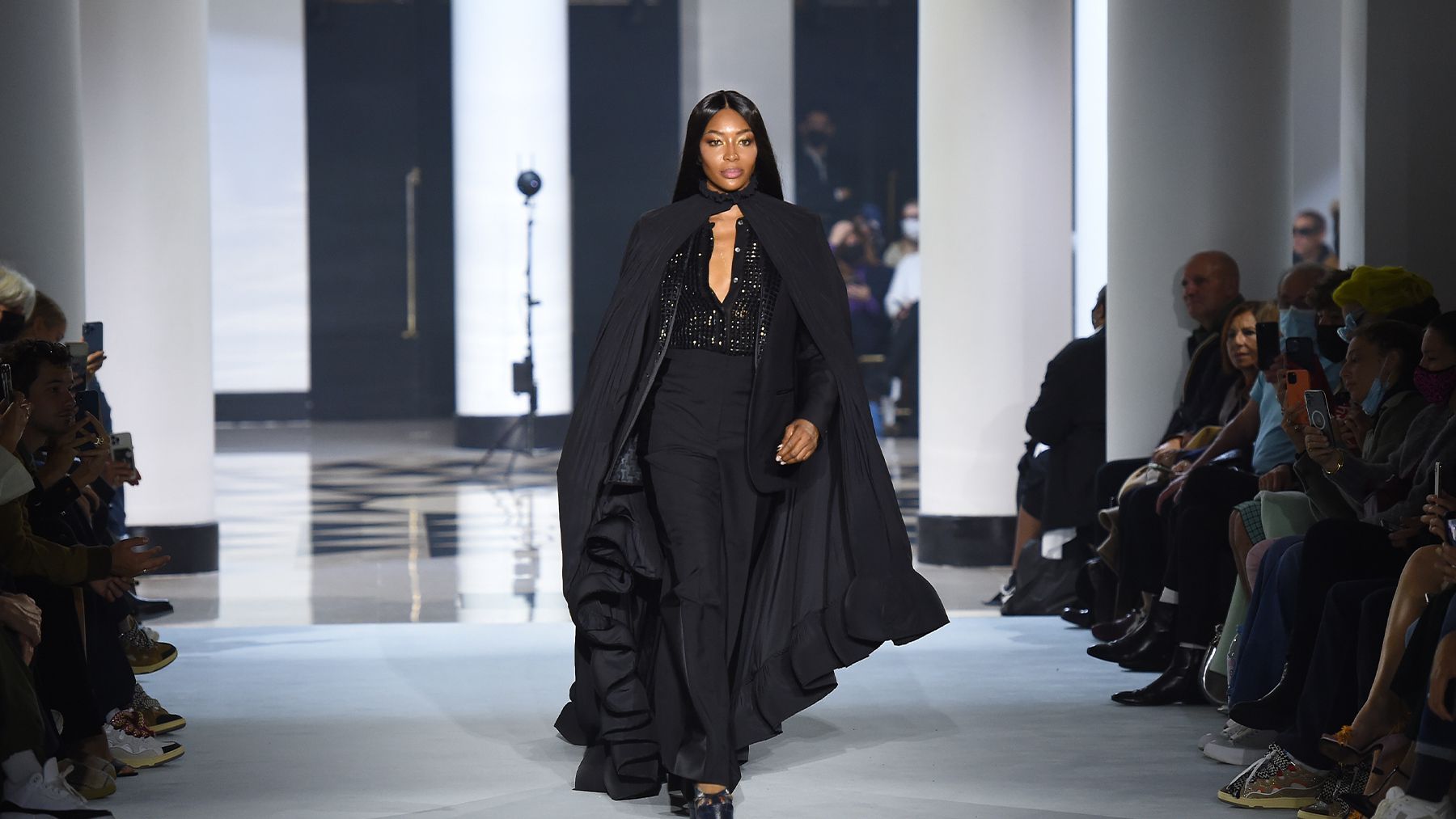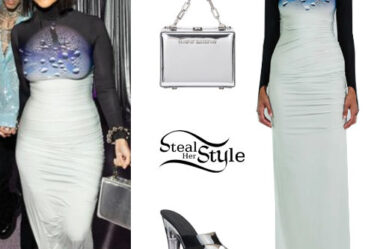
Shanghai-based Lanvin Group began public trading in a ceremony at the New York Stock Exchange Thursday.
The company, owned by China’s Fosun International, is hoping to draw luxury investors seeking exposure to its portfolio of high-end brands, which include Italian shoemaker Sergio Rossi and tailoring house Caruso, American knitwear brand St. John and Austrian tights specialist Wolford, as well as its Parisian namesake. It has returned to top-line growth and is on track to be profitable by 2024.
The group, which went public via a SPAC deal, raised $150 million in the listing, valuing it at $1.31 billion. In October it cut its equity value back to $1 billion from a previous figure of $1.25 billion, citing the decline in the euro and lower trading multiples for other luxury companies. With the proceeds, it plans to continue investing in its current brands, building out its retail store network and digital channels and expanding its presence in regions such as the US and China, where it is relatively underpenetrated.
But the group faces challenges ahead. Economic pressures like inflation and rising interest rates have begun to weigh on the luxury sector, which had been more resilient than other parts of the market.
It’s also playing in a field dominated by giants. The company’s annual revenues are expected to reach €400 million ($424 million) this year, compared to the billions brought in by larger rivals like LVMH and Kering.
“Competitive dynamics favor scale and megabrands in a luxury market of accelerating speed and complexity,” wrote Bernstein analyst Luca Solca in a research note ahead of the IPO. “Lanvin Group owns 5 different brands and yet none of them stands out in terms of sales, customer awareness or desirability.”
Joann Cheng, Lanvin Group’s chief executive, said the group’s size gives it ample room to grow, while the luxury market, even if challenged in the near term, has historically been resilient.
“Being a relatively early stage, relatively small-size fashion group, we still have a lot of low-hanging fruit,” Cheng said. “It gives us great potential because the brand equity is huge.”



